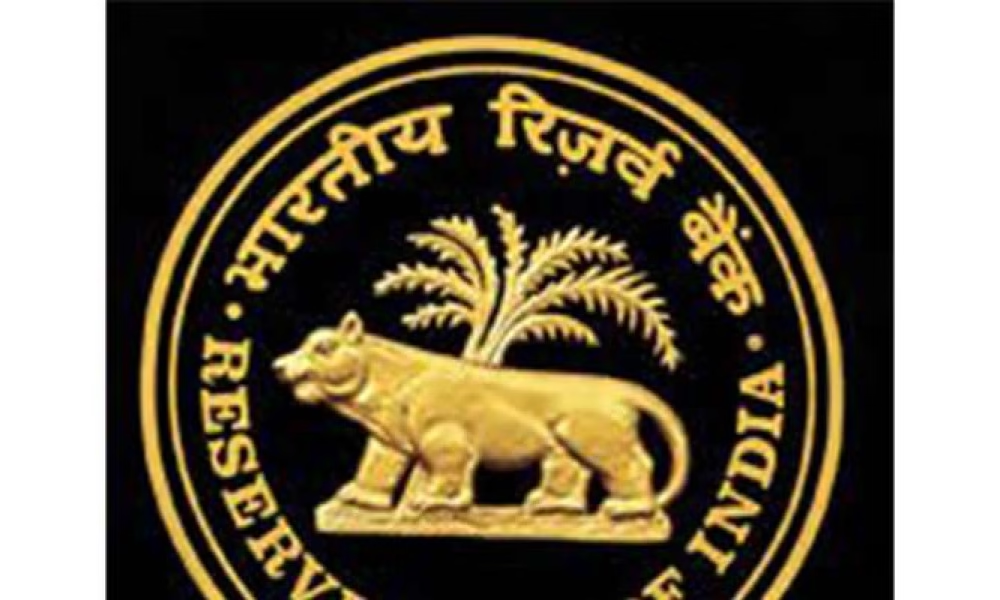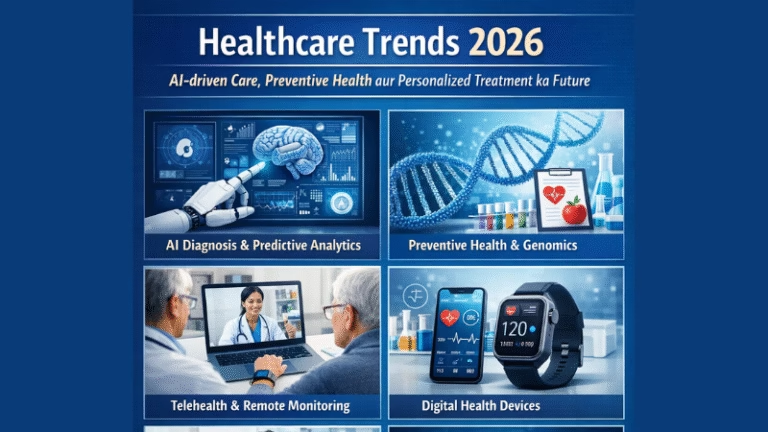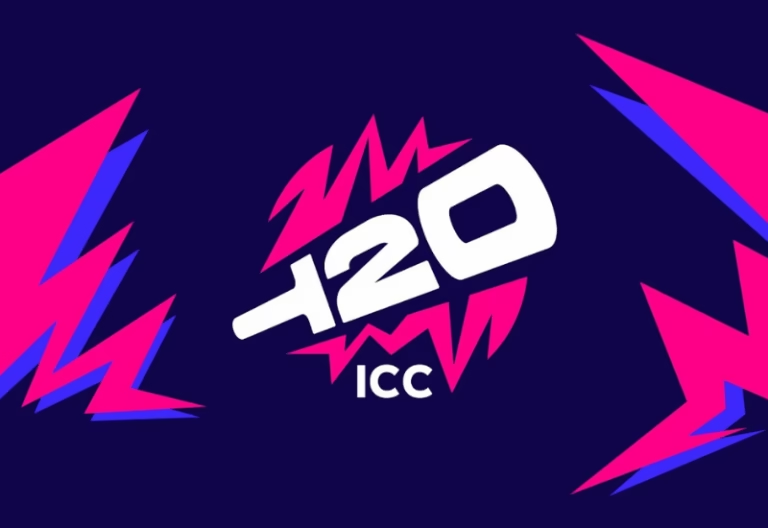Signs of a Heart Attack and Symptoms: check risk factors

A heart attack occurs when the blood flow to a part of the heart muscle is blocked, usually by a blood clot. The interruption of blood flow deprives the heart muscle of oxygen and can cause damage or death of the heart tissue. Heart attacks are serious medical emergencies that require immediate attention.
Being able to recognize the signs and symptoms of a heart attack can be crucial in seeking prompt medical assistance, potentially saving lives
Signs and Symptoms
Chest Pain or Discomfort
Upper Body Pain
Shortness of Breath
Cold Sweats and Dizziness
Fatigue

Chest Discomfort
The most common symptom of a heart attack is discomfort or pain in the chest. This sensation is often described as a feeling of pressure, fullness, or squeezing.
The discomfort may last for a few minutes or come and go.
Upper Body Pain
Pain or discomfort may radiate beyond the chest to other areas such as the arms (especially the left arm), back, neck, jaw, or stomach.
Shortness of Breath
Difficulty breathing or shortness of breath may occur, often accompanying chest discomfort.
Cold Sweats and Dizziness
Cold sweats, lightheadedness, or sudden dizziness can be indicative of a heart attack.
Fatigue
Unexplained fatigue, weakness, or a sudden feeling of exhaustion, even with minimal physical exertion, may signal a heart issue.
Risk Factors:
Age
The risk of experiencing a heart attack generally increases with age. Aging is associated with physiological changes such as the buildup of plaque in the arteries, decreased elasticity of blood vessels, and changes in the heart muscle. Aging is often accompanied by other risk factors such as hypertension, high cholesterol, and diabetes, which can contribute to the cumulative effect on heart health.
Gender
Men are generally at a higher risk of heart attacks, and they often experience heart attacks at an earlier age compared to women.
The risk for women increases after menopause, and heart attack symptoms in women can be different from those in men. Women may be more likely to experience atypical symptoms, such as shortness of breath, nausea, or fatigue.
Diabetes
The relationship between diabetes and heart disease is well-established, and individuals with diabetes are at a higher risk of developing cardiovascular problems, including heart attacks. Regular medical check-ups and preventive measures are crucial in minimizing the impact of diabetes on heart health
Family History
A family history of heart disease can contribute to an elevated risk.
Smoking
Tobacco smoke contains chemicals that can damage blood vessels, increasing the risk of heart attack.
High Blood Pressure
Hypertension puts additional strain on the heart and arteries.
High Cholesterol:
Elevated levels of LDL (“bad”) cholesterol can lead to the buildup of plaques in the arteries.
Seeking Immediate Help
If you or someone around you is experiencing the signs of a heart attack, it is crucial to act swiftly:
Call Emergency Services
Dial emergency services immediately. Time is of the essence in treating a heart attack.
Chew Aspirin
If advised by a healthcare professional, chewing aspirin can help thin the blood and improve blood flow.
Stay Calm
Try to remain as calm as possible. Stress can exacerbate heart issues.
Conclusion:
Recognizing the signs of a heart attack is a vital step in preventing serious complications. Regular medical check-ups, a heart-healthy lifestyle, and awareness of risk factors can contribute to overall heart health. Remember, never ignore the warning signs, and always seek immediate medical attention if you suspect a heart attack.













